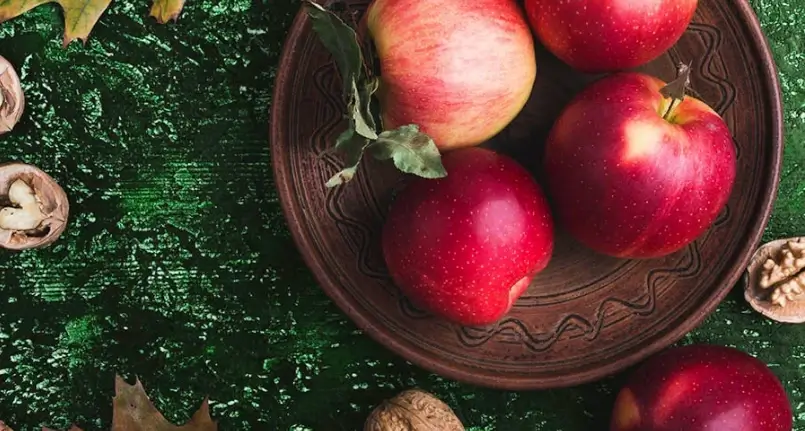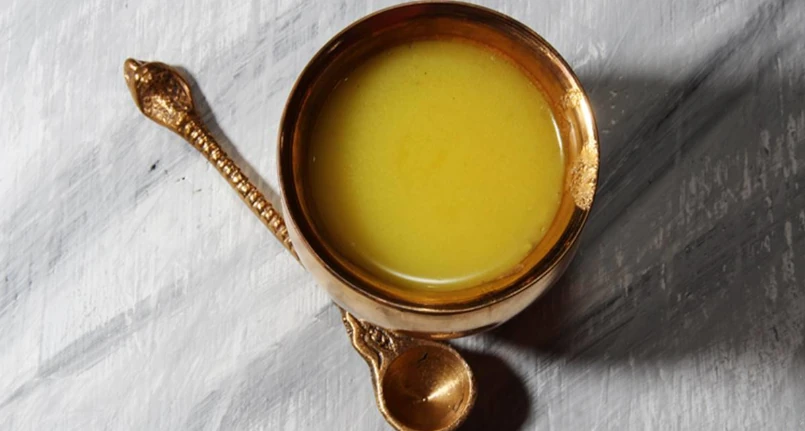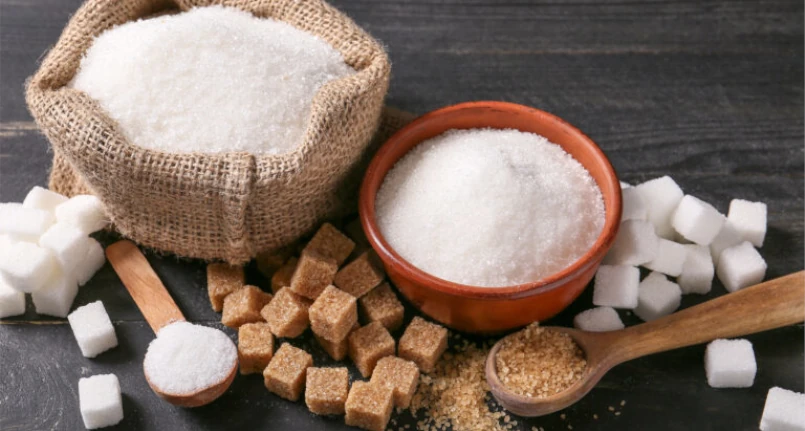Introduction
What we eat, as is known, can influence hormonal balance and consequently determine emotional states. By changing your diet, you can improve your mood . Seasonal affective disorder (SAD) is a type of depression thought to be caused by the changing seasons. Typically, symptoms begin to significantly worsen with the onset of cold weather in the fall and peak during the winter months.
Symptoms of SAD are similar to other forms of depression, including feelings of hopelessness, lack of focus, social withdrawal, and fatigue. Treatments for SAD include medications, talk therapy, exercise, and a healthy diet that favors certain foods that promote positivity and mood improvement.
Foods against the Winter Blues
- Lean protein
- Foods rich in omega-3 fatty acids
- Berries
- Limit sugar
- Foods that contain folic acid
- Foods rich in Vitamin B-12 and Vitamin D
- Dark chocolate
- Turkey
- Bananas
Lean protein
In addition to being rich in omega-3s, salmon is an excellent source of lean protein, while a rib of beef , undoubtedly tasty and satisfying on the palate , due to its high saturated fat content, may not be a very good ally for the body and for the mood. Lean proteins contain many amino acids , which can have a positive effect, as well as being a valid source of energy, and therefore quite anti-fatigue .
The most suitable foods in this case are:
- Fish rich in omega 3 such as salmon, sardines , cod , mackerel
- Low-fat meat
- Low-fat dairy products
- Dried fruit
- Legumes
Omega-3 fatty acids
Omega-3 fatty acids are recognized for their benefits to overall health, including the ability to influence mood. A University of Pittsburgh study found that people with higher levels of omega-3 fatty acids were less likely to experience moderate or mild symptoms of depression.
Sources that contain the highest levels of omega-3 fatty acids include:
- flax seeds and chia
- nuts
- salmon, mackerel, sardines , herring , trout
- chickpeas
- broccoli
- soy and derivatives
- spinach and lettuce
Anti-stress berries
Stress aggravates the symptoms of depression and also has obvious effects on physical health. Blueberries , raspberries and strawberries can help prevent the release of cortisol, a hormone produced by the adrenal gland . During stressful situations, cortisol rushes to the hippocampus , an important part of the brain that stores memories, provides emotional responses, and tips the balance of stress when it strikes.
Against winter depression limit sugar
By carefully reading the ingredients listed on each food label, you will notice that various forms of sugar are present. They will appear as syrups or names ending with the suffix -ose (sucrose, glucose, fructose, dextrose…). High amounts of sugar and too little omega-3 fatty acids can functionally change brain activity, slowing it down. Furthermore, glycemic peaks are closely related to depressive states and to the blurring of cognitive functions.
Foods with folic acid
Some research on folic acid’s effect on the brain has provided insight into how it can improve tone and mood. There’s scientific evidence that the body uses it to create serotonin, a neurotransmitter that affects mood, but there’s no conclusive evidence on how it works. You can get high amounts of folic acid in foods such as:
- green leafy vegetables,
- oatmeal,
- sunflower seeds,
- oranges,
- fortified cereals ,
- lentils,
- peas,
- soya beans.
Foods with Vitamin B12 and Vitamin D
Like folic acid, low levels of vitamin B-12 in the blood are associated with depression, although there is a lack of explanation of the relationship between cause and effect in this case. There are many tasty ways to incorporate it into your diet. Food sources of vitamin B-12 include:
- lean beef,
- clams,
- oysters,
- crab,
- wild salmon,
- egg,
- ricotta,
- yogurt,
- milk
- fortified cereals .
Vitamin D is known as the “sunshine vitamin” because the body can make it using cholesterol and by absorbing natural sunlight. Mood can improve within minutes of sun exposure. This is why light therapy is an important treatment for SAD. The body can also absorb vitamin D from food, although there are supplements that increase the necessary intake in those who are particularly deficient. Food sources of vitamin D include:
- milk,
- egg yolks,
- mushrooms .
Dark chocolate
Chocolate has always been a tasty and good way to self medicate during downtime. By consuming dark chocolate, even a small portion of a square a day, mood improves significantly. This happens thanks to the high content of polyphenols . Polyphenols are a type of antioxidant . When the mood drops and you feel low, a small bar of chocolate with a high percentage of cocoa (preferably above 75%) can improve the mood .
Tryptophan: turkey and bananas
Like turkey, bananas contain tryptophan, an amino acid present in many proteins of animal and vegetable origin, responsible for good mood. In addition to that, the carbohydrates from natural sugars and potassium from bananas help fuel the brain. Magnesium, also found in bananas, may improve sleep and reduce anxiety, two symptoms of seasonal depression.




